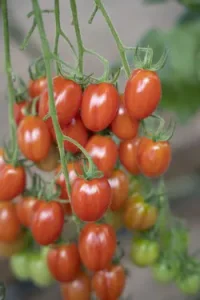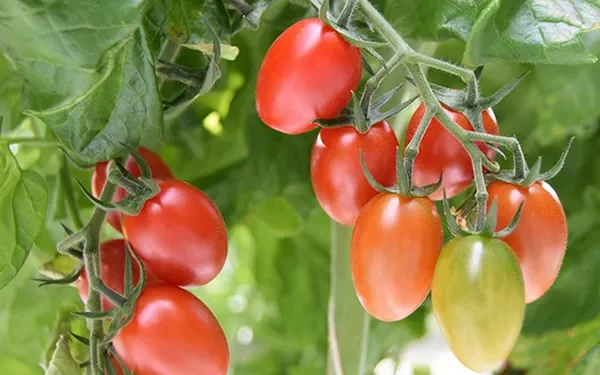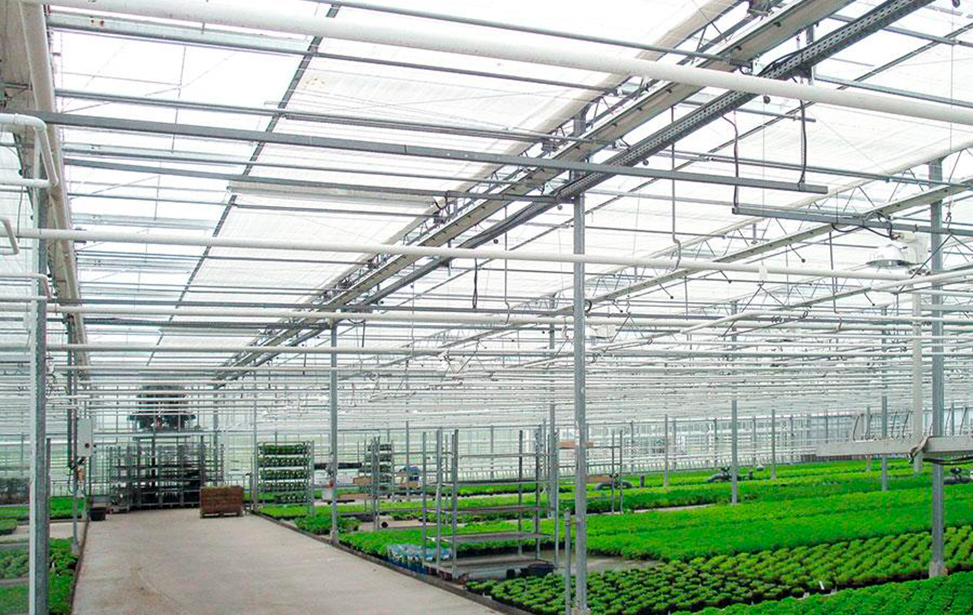The agricultural sector in Almeria, Spain, has recently witnessed a significant shift in tomato cultivation, thanks to the introduction of Pendragon, a mini plum tomato variety developed by Hazera. This variety has quickly risen to prominence due to its enhanced shelf life, high yield, uniform shape, and resistance to the Tomato Brown Rugose Fruit Virus (ToBRFV). Pendragon’s success story is not just a testament to its superior agronomic traits but also to Hazera’s strategic approach in overcoming market challenges.
Pendragon was introduced to the market at a critical time when Spain was beginning to grapple with the impact of ToBRFV. Hazera’s tomato team, inspired by nature, swiftly responded to this emerging threat by developing a variety that could withstand the virus while offering several other advantages to growers.
One of the most notable benefits of Pendragon is its resistance to diseases, which reduces the need for extensive labor and minimizes crop losses. Additionally, its extended shelf life and high yield potential make it an attractive option for growers looking to maximize their returns. Pendragon also maintains consistent high quality throughout the year, even in challenging overwinter conditions, further enhancing its appeal.
However, the journey to market success was not without obstacles. Traditionally, growers in Almeria were accustomed to harvesting mini plum tomatoes at an early, green stage due to the limited post-harvest shelf life of existing varieties. Packing houses had calibrated their machinery to sort greenish fruits, often rejecting or downgrading the quality of more mature ones. This posed a significant challenge for Pendragon, whose strengths include improved shelf life and optimal ripeness.
To address these challenges, Hazera’s tomato team took a hands-on approach, directly engaging with growers to educate them on the best harvesting practices for Pendragon. They demonstrated the variety’s superior shelf life, both on the plant and post-harvest, which gradually changed growers’ perceptions. As a result, growers began harvesting fruits at their ideal color, which not only improved the quality of the produce but also significantly reduced complaints about soft fruits with low shelf life and cracking.
Once growers were confident in Pendragon’s capabilities, Hazera worked closely with packing houses to adjust sourcing machinery, ensuring that mature fruits were correctly processed and not prematurely rejected. This collaborative approach led to a substantial reduction in complaints from customers in Northern Europe, where Pendragon has also gained popularity.
Alfredo Mesa, Tomato Product Manager at Hazera Spain, noted, “The growers adopted Pendragon on their farms very fast and within only two years of sales, it became one of the most grown varieties in Almeria. This is due to Pendragon’s huge agronomical advantages over the competition and its positive reception at both retail and consumer levels.”
Pendragon’s rapid ascent in Almeria’s tomato industry is a clear indication of the variety’s potential to set new standards in tomato cultivation. For entrepreneurs and investors in the agricultural sector, Pendragon represents a compelling opportunity. Its success story underscores the importance of innovation, adaptability, and collaboration in achieving market leadership and driving sustainable growth in horticulture.












